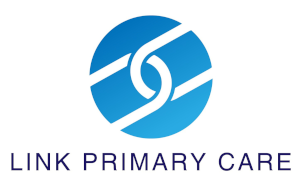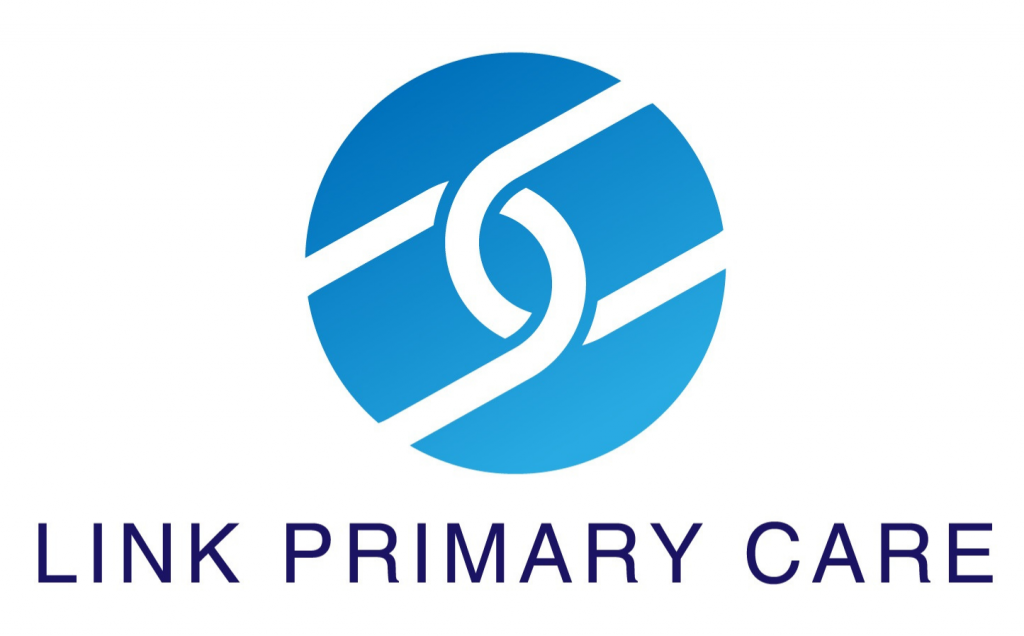Obstructive sleep apnea (OSA) is a serious condition that affects many middle-aged men. Yet, many men don’t realize they have it, or they don’t know where to seek help. If you’ve been waking up tired, snoring loudly, or gasping for breath during sleep, you might be dealing with OSA.
The good news is that obstructive sleep apnea is treatable. But first, you need to understand the symptoms and why it’s important to seek medical care. Direct primary care (DPC) offers a personalized, affordable solution for diagnosing and managing OSA. This blog will guide you through understanding the condition and the best choices for addressing your symptoms.
For more complete information about OSA, here’s a great article from the American Thoracic Society:
https://www.thoracic.org/patients/patient-resources/resources/obstructive-sleep-apnea-in-adults.pdf
What Is Obstructive Sleep Apnea?
Obstructive sleep apnea occurs when your airway becomes blocked during sleep. This blockage can stop your breathing multiple times during the night. Each pause in breathing can last from a few seconds to over a minute. The condition prevents you from getting deep, restful sleep.
Left untreated, OSA can lead to more than just feeling tired during the day. It can cause serious health problems like:
- High blood pressure
- Heart disease
- Stroke
- Type 2 diabetes
- Obesity
These conditions often develop gradually, making it even more important to address OSA early on.
Common Symptoms of Obstructive Sleep Apnea
OSA can be difficult to recognize since it mostly happens while you’re asleep. However, there are several warning signs to look out for:
1. Loud Snoring
Many men with OSA snore loudly throughout the night. While not everyone who snores has sleep apnea, it’s a common symptom that shouldn’t be ignored.
2. Gasping or Choking During Sleep
Waking up feeling like you’re choking or gasping for air can be a sign of OSA. This happens when your airway becomes blocked, and your brain wakes you up to resume breathing.
3. Daytime Fatigue
Feeling excessively tired during the day is a red flag for OSA. If you’re still tired after a full night’s sleep, it could be due to interrupted breathing.
4. Morning Headaches
Frequent headaches, especially in the morning, are another sign of OSA. They are caused by low oxygen levels during the night.
5. Difficulty Concentrating
Lack of quality sleep can impact your ability to focus and concentrate during the day. Many people with OSA struggle with mental clarity and productivity.
6. Irritability and Mood Changes
Mood swings, irritability, and even depression are common among men with untreated OSA. Sleep deprivation can take a toll on your mental health.
Why Many Men Don’t Seek Help for Sleep Apnea
Despite the serious health risks, many men delay seeking treatment for OSA. Here’s why:
1. Ignoring the Symptoms
Men often dismiss symptoms like snoring or fatigue as a normal part of aging. They don’t realize these symptoms could be signs of a serious condition.
2. Embarrassment About Snoring
Loud snoring can be embarrassing, and some men avoid talking about it, even with their doctor.
3. Lack of Awareness
Many men don’t know much about OSA or how it can affect their health. They may not connect their daytime fatigue or morning headaches with a sleep disorder.
4. Confusion About Where to Get Help
Some men simply don’t know where to turn for a diagnosis. The idea of going to a sleep specialist or sleep lab can feel overwhelming.
Why It’s Important to Treat Obstructive Sleep Apnea
Ignoring OSA can have serious consequences. Here’s why it’s important to seek treatment:
1. Protect Your Heart Health
OSA is closely linked to heart problems like high blood pressure, heart disease, and arrhythmias. When your breathing stops during sleep, your blood pressure and stress hormones rise, putting extra strain on your heart and cardiovascular system.
2. Improve Your Mental Health
Poor sleep quality due to OSA can lead to mood changes, depression, and irritability. Treating OSA can significantly improve your overall mood and mental well-being.
3. Reduce the Risk of Stroke
Men with untreated OSA are at higher risk of stroke, and the risk increases over time.
4. Lower Your Risk of Type 2 Diabetes
OSA can increase your chances of developing insulin resistance and Type 2 diabetes.
5. Prevent Daytime Accidents
Excessive daytime fatigue caused by OSA can make you more likely to have accidents, whether at work or while driving.
Understanding the Diagnosis Process for OSA
Getting a diagnosis for OSA isn’t difficult. Here’s what you can expect during the process:
1. Initial Consultation
During your first consultation, your doctor will ask about your symptoms, sleep habits, and overall health. They will also perform a physical exam to check for common risk factors, such as obesity or enlarged tonsils.
2. Sleep Study
If OSA is suspected, your doctor will order a sleep study. Many offices refer to specialists or use home sleep studies; both monitor your sleep for evidence of OSA.
3. Results and Treatment Plan
Once your sleep study results are in, your doctor will go over the findings with you. If you are diagnosed with OSA, they’ll create a personalized treatment plan based on your needs. This includes lifestyle changes, weight management, or the use of a CPAP machine.
Treatment Options for Obstructive Sleep Apnea
There are several ways to manage and treat OSA, depending on the severity of your condition. Here are the most common options:
1. CPAP Machine
A CPAP machine uses air pressure to keep your airway open while you sleep. It’s one of the most effective treatments for moderate to severe OSA. Your doctor can help you get fitted for a CPAP machine and show you how to use it.
2. Oral Appliances
For some men with mild to moderate OSA, an oral appliance may be recommended. This device fits in your mouth like a sports mouth guard and helps keep your airway open.
3. Lifestyle Changes
Losing weight, quitting smoking, and avoiding alcohol before bed can all help reduce the severity of OSA symptoms. Your doctor can provide guidance on making these changes and offer support along the way.
4. Surgery
In some cases, surgery may be needed to remove tissue blocking the airway. This is usually a last resort if other treatments haven’t worked.
How Link Primary Care Can Help
Link Primary Care offers a solution to these barriers; it’s a patient-centered healthcare model that makes it easier to get the care you need. Here’s how we help men with obstructive sleep apnea:
1. Convenient Access to Your Doctor
With Link, you have direct access to your doctor via phone, email, or text. You won’t have to wait weeks for an appointment. If you notice symptoms of OSA or have questions about treatment, you can quickly reach out to your doctor for advice.
2. Unrushed, Comprehensive Appointments
Link doctors have plenty of time to spend with their patients. Your appointments won’t feel rushed, and you’ll have time to discuss your sleep concerns in detail. This is especially helpful when talking about OSA, which can sometimes be uncomfortable for men to address.
3. Help With Diagnosis
If your doctor suspects you have OSA, they can arrange for diagnostic tests, such as a home sleep study. A home sleep study allows you to test for sleep apnea in the comfort of your own bed, without the hassle of going to a sleep lab.
4. Ongoing Care and Management
Once diagnosed, your doctor can help manage your OSA. This may include recommending lifestyle changes, therapies, or devices like CPAP (Continuous Positive Airway Pressure) machines to keep your airway open while you sleep.
5. Affordable, Transparent Pricing
With DPC, you pay a simple monthly fee that covers all your primary care needs. There are no surprise bills or hidden fees. This makes it easier and more affordable to stay on top of your health.
If you think you might have obstructive sleep apnea, don’t wait to get help. Left untreated, OSA can seriously impact your health and quality of life. Link Primary Care offers an easy, affordable way to get the diagnosis and care you need.
Schedule a one-on-one consultation with Dr. Jeffrey Davis using the following link:
https://calendly.com/jeffreydavis-linkprimarycare/link-primary-care-meeting
Get more information on our website at linkprimarycare.com


